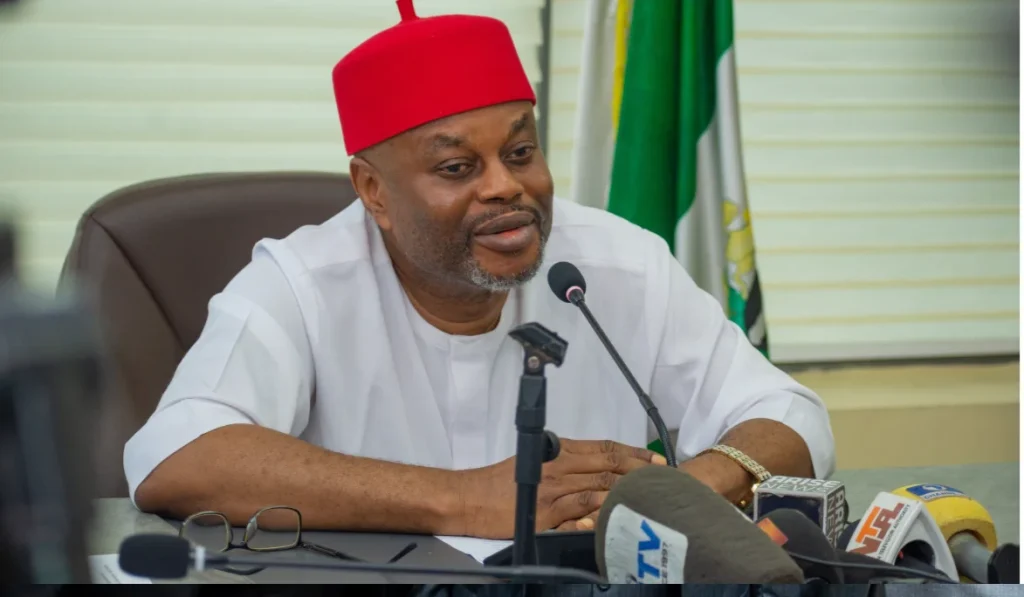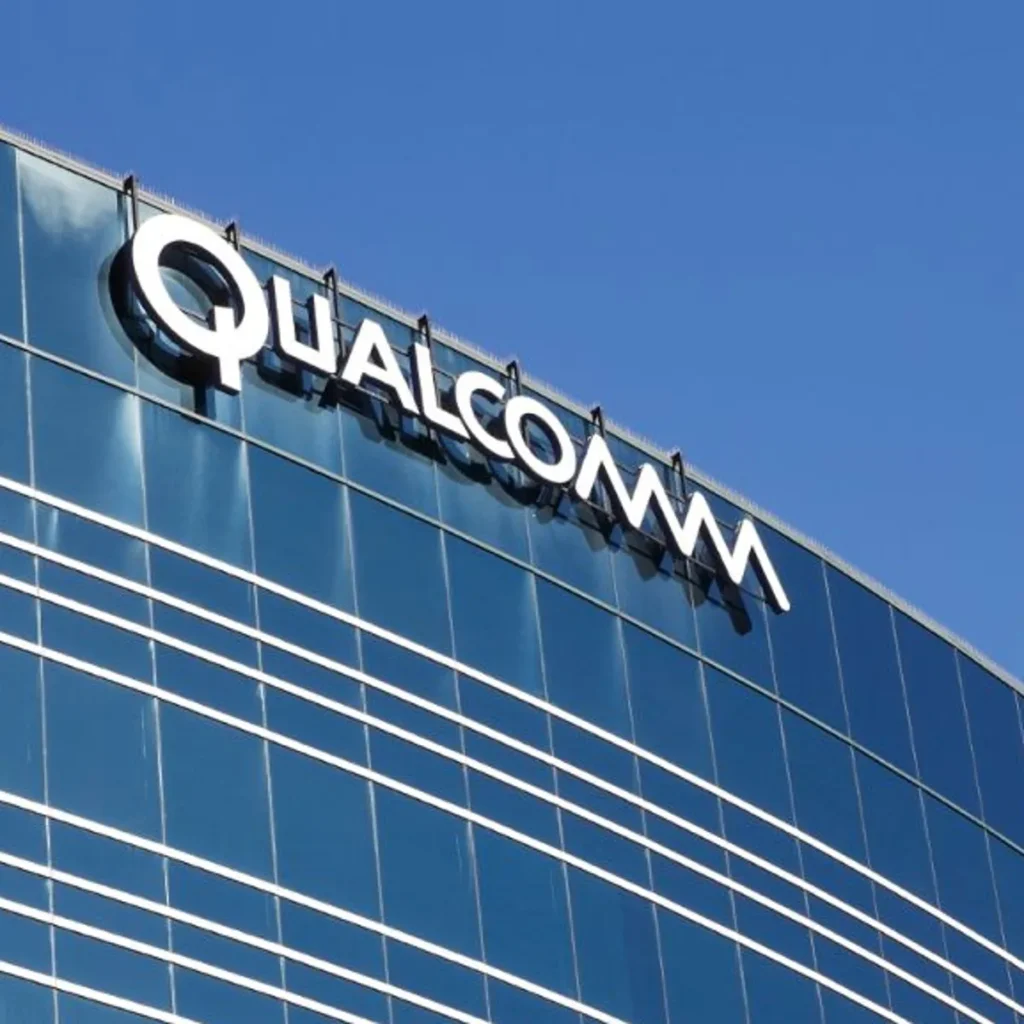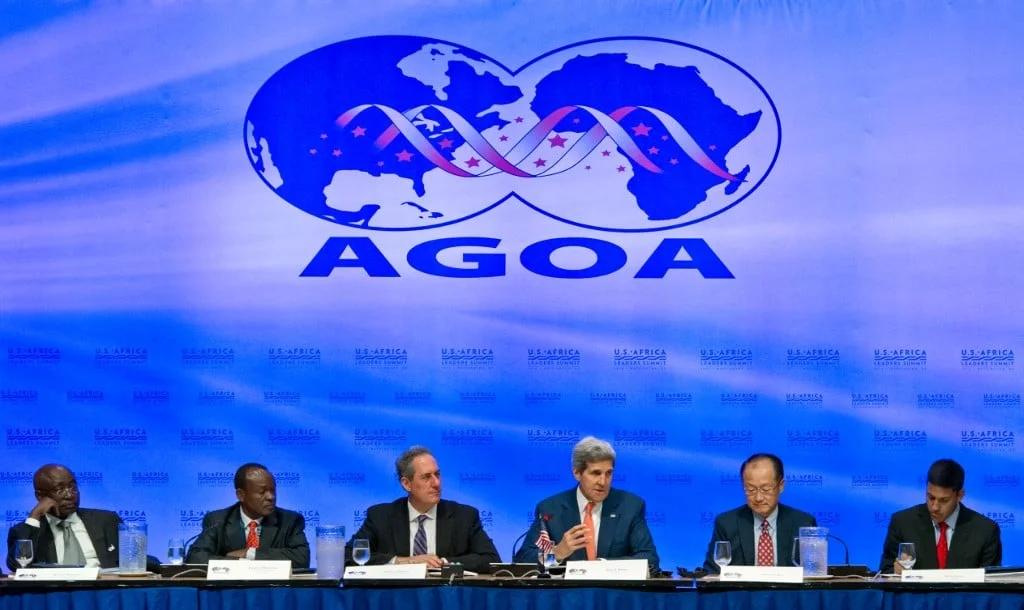As part of the initiative to strengthen the country’s digital economy, the Federal Government of Nigeria has launched a free Artificial Intelligence (AI) Academy through the Ministry of Innovation, Science and Technology (FMIST). The program seeks to train Nigerians in cutting-edge AI skills.Announced on Thursday in Abuja, the Minister, Chief Uche Nnaji said the program is set up in partnership with the Commonwealth Secretariat and Intel Corporation. He added that the sole aim of the project is to position Nigeria as a leader in the global digital economy
During the program’s unveiling, he stressed that registration, which opens on Thursday, December 19, 2024, and closes by January 30, 2025, is free for all Nigerians. He encouraged students, youths, and civil servants to grab the opportunity and participate in building the country’s future. He added that interested participants should visit the website https://scienceandtech.gov.ng/academy, seize the opportunity, and enroll in the program.
“In a world where AI is reshaping industries, solving complex problems, and creating new economic frontiers, it is imperative that Nigeria not only keeps pace but leads the charge. The Artificial Intelligence Academy is not just a training platform but a transformative opportunity for Nigerians–students, youths, and civil servants–to acquire critical skills in Artificial Intelligence,” the minister said.
The Minister said that beyond the initiative, the training will offer participants opportunities to compete for AI ambassadorial roles and internships with Intel Corporation as well as ensuring hands-on global experience. He further pointed out that the program would provide trainees with access to self-paced courses on Artificial Intelligence fundamentals, ethics, tools, and real-world applications.
By equipping Nigerians with these skills, we are not just preparing individuals for jobs but creating a pipeline of innovators, problem-solvers, and leaders who will shape Nigeria’s technological and economic destiny. Most importantly, AI will go a long way to help us develop innovative solutions for the unique challenges we face as a nation,” Nnaji said.While stating the role of Artificial Intelligence in nation-building, he described the project as a transformative tool that could drive Nigeria’s progress in agriculture, healthcare, education, security, and many other sectors.
“As we unveil the AI Academy, we are laying the foundation for a new era of innovation, one where Nigeria takes its rightful place as a leader in the global digital economy,” the minister concluded.
The artificial intelligence partnership
The training results from the partnership the Ministry of Innovation, Science and Technology had with the Secretary-General of the Commonwealth of Nations, Patricia Scotland, at the United Nations General Assembly (UNGA) 79th session in September.While announcing the partnership via his X post in September, the minister stated that the initiative will position Nigeria at the forefront of Artificial Intelligence adoption, with the potential to transform key sectors like governance, healthcare, and agriculture through capacity building.
The Artificial Intelligence Academy, which is part of the Commonwealth Artificial Intelligence Consortium, will offer specialized courses such as AI for the public sector and AI for youth, helping us build a skilled workforce capable of driving innovation and addressing global challenges,” Nnaji stated.
He also revealed that they planned to onboarding Nigerians into the ambitious AI training initiative through the Commonwealth AI Academy, which is powered by Intel.The Commonwealth Artificial Intelligence Consortium (CAIC) is part of a broader action plan that seeks to leverage the power of artificial intelligence (AI) tools to support member states, as well as empower the 1.5 billion young people under the age of 30 in the Commonwealth, of which Nigeria is a part.
As disclosed on the Commonwealth website, the CAIC, which includes global tech firms, world-leading research institutions, non-profit organizations, and at least six Commonwealth member countries that have stepped forward to champion Artificial Intelligence innovation, convened its first-ever Steering Committee Meeting in 2023, in the margins of the United Nations General Assembly (UNGA) in New York.
It is envisioned that greater use of technology will result in economic growth, sustainability, improved health outcomes, and job creation. This includes a framework mapping out how different organizations and groups will contribute to delivery, as well as the launch of four working groups to drive action in the following core areas: policy, capacity building, data, and infrastructure, as well as research and innovation,” the Commonwealth statement reads.
Nigeria’s course for a digital economy
As the Federal Government pushes on under its Renewed Hope Agenda, its course for a digital economy continues. In November, the Federal Ministry of Communications, Innovation & Digital Economy (FMCIDE) announced the selection of 90,000 fellows in the third cohort of its 3 Million Technical Talent (3MTT).
The 3 Million Technical Talent (3MTT) program has been aimed at building Nigeria’s technical talent backbone to power its digital economy and position Nigeria as a net talent exporter. The program started with 30,000 Nigerians, representing 1% of the 3 million target, while the 270,000 selected for the second cohort increased the quota to 10%. The 90,000 participants picked for the third cohort summed the number to 13%.
At the heart of this transformative initiative lies a commitment to empower communities at the grassroots level. The 3 Million Technical Training (3MTT) program’s funding, including provisions for dedicated learning community managers, exemplifies a localized approach to skill development. By nurturing talent in various regions, the program not only strengthens the skills of individuals but also enriches the fabric of local communities.
The minister, Dr Bosun Tijani noted that applications are still available for Nigerians who are yet to partake in the talent accelerator program. He added that the learning initiative will expose participants to learn in-demand tech skills and become part of a pool of technical talent for the growing digital economy in Nigeria and globally.











